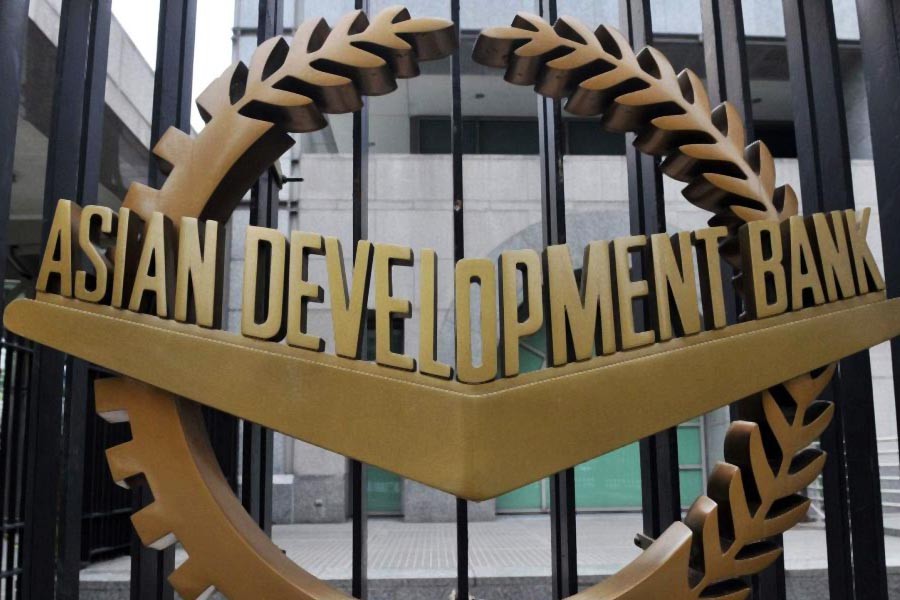Alongside Covid support, ADB to prioritise climate change in Bangladesh

Published :
Updated :

The Asian Development Bank (ADB) must now prioritise climate change, while continuing to support economic recovery and the COVID-19 vaccination programme in Bangladesh, says a report released by ADB’s Independent Evaluation Department (IED).
The review recommends that climate change and environment should be the leading strategic priorities in the forthcoming 5-year country partnership strategy for Bangladesh.
Other recommendations aim targeting policy-based lending at the most critical and relevant policy issues where government reform commitment is strong, and where governance can be strengthened, and increasing support for Bangladesh's national health and social protection systems to mitigate the exposure of the population to systemic shocks, including those related to natural hazards, climate change, and disease outbreaks such as COVID-19.
The Bank support for energy and transport infrastructure over the past decade has made a significant contribution to Bangladesh’s economic growth, it added.
ADB’s programme in Bangladesh amounted to nearly $18 billion over the evaluation period, 2011–2020, with two-thirds invested in energy, transport, and water infrastructure, reports UNB.
Impressive results were achieved in the energy sector where ADB has provided nearly 50 years of consistent support.
While access to energy has skyrocketed, more attention must now be paid to the sector’s decarbonisation.
The economy grew 8.2 per cent in 2019, the highest in Asia and the Pacific. Until the COVID-19 pandemic started in 2020, poverty had fallen for over 3 decades.
Bangladesh now requires immediate assistance to finance COVID-19 vaccination delivery and logistics, and strong support for economic recovery.
“Investment over the short- to medium-term will need to pay attention to recovery from the pandemic and aim to strengthen national health care services and social protection systems to build Bangladesh’s resilience to shocks,” IED Director General Marvin Taylor-Dormond said.
“ADB has had success in providing essential health care services to poor communities in city slums, especially women and children, and there is an urgent need to build on this success, including through working collaboratively with other development partners.”
The evaluation found evidence that where ADB works differently, and where government initiative and leadership is supported, impressive results are possible.
ADB’s support for inclusion, education and skills development, and greater gender equity achieved good results.
In education, for example, ADB worked with other development partners to support a sector-wide education programme that over time has seen education offered to almost all children of primary school age.
A larger proportion of the students completed schooling, with near gender parity, and narrowed socioeconomic differences on key education indicators, although there is still a need to improve education quality.
On the environmental front, ADB did not take a proactive, holistic, or multisector approach to helping Bangladesh tackle climate change, the report says.
Bangladesh is one of the most disaster-prone countries in the world and is very vulnerable to climate change-related events.
Results were slow to materialise in public sector management, transport, and private sector development. “Reforms in public sector management (PSM) require long-term engagement” IED Director Joanne Asquith said.
“ADB support for PSM and good governance needs to have a stronger analytical base, engage more deeply with civil society, and increase collaboration with the wider development partner community.”
ADB investment in the railway subsector did not deliver results as quickly as anticipated because sector reforms are taking longer to implement than envisaged.


 For all latest news, follow The Financial Express Google News channel.
For all latest news, follow The Financial Express Google News channel.